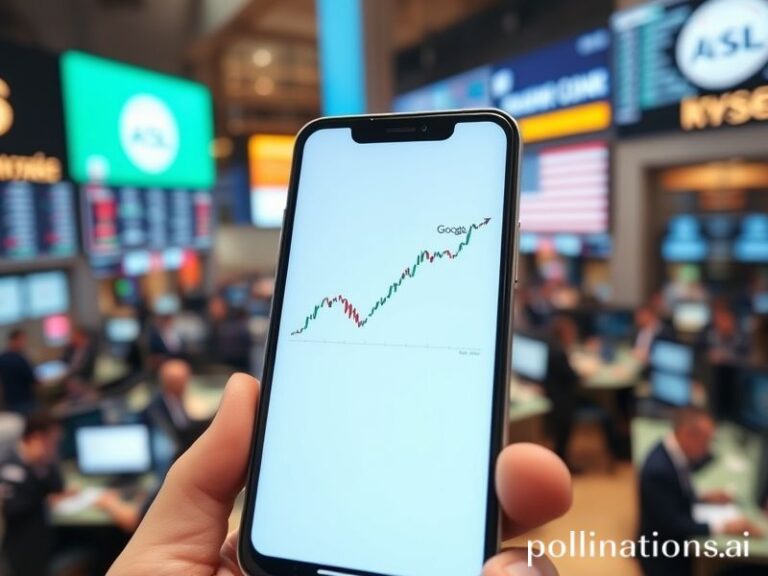strands hints
Strands Hints: The World’s Newest Guilty Pleasure in a Guilt-Free Wrapper
By Dave’s International Affairs Correspondent, nursing a lukewarm espresso in Terminal 3
Somewhere between the collapse of a second regional bank and the third coup rumor of the week, the planet discovered it could still be distracted by a daily puzzle that looks like the ransom note of a color-blind ransom artist. Welcome to “Strands,” the New York Times’ latest contribution to global escapism—now served with what the marketing department calls “hints” and what the rest of us call “training wheels for the ego.”
From Lagos to Lisbon, commuters are thumbing tiny grids instead of doomscrolling the latest inflation chart. In Seoul subway cars, salarymen trade screenshots of their morning grids the way Cold War spies once swapped microfilm. Meanwhile, in a Damascus café still rebuilding from the last blackout, a university student shrugs: “Electricity is unreliable, but at least the hints are free.” The joke, like the coffee, is bitter yet oddly restorative.
The genius of Strands hints lies not in their helpfulness but in their diplomacy. They are the Switzerland of the puzzle world—neutral, inoffensive, and reassuringly present when your only other option is admitting you can’t spell “obfuscate.” Each hint is a micro-dose of competence delivered to a global citizenry that just realized the interest on their student loans now qualifies as a sovereign debt crisis. One click and—voilà—you feel 3% smarter and 97% less alone.
Which is precisely why authoritarian regimes, democratic backsliders, and the guy who still forwards QAnon memes all tolerate it. Strands hints are apolitical enough to slip past censors yet addictive enough to keep the masses from storming the palace gates. Last week, a Belarusian dissident told me between sips of contraband Nescafé: “Our protest signs used to demand fair elections. Now we just crowdsource the daily pangram.” The revolution will not be televised; it will be lightly hinted at in 8-point font.
Economists, never ones to miss a bubble, are already modeling the macroeconomic impact. One IMF intern suggests that every minute spent untangling Strands is a minute not spent panic-selling the yuan. Goldman Sachs is reportedly packaging “Hint Futures,” a derivative that wagers on how long it takes the median user to cave and click the lifeline. (Current over/under: 42 seconds.) In Davos, a venture capitalist bragged that his fund’s new AI can predict exactly when you’ll abandon intellectual integrity for a two-letter pronoun. He called it “behavioral yield.” I called it Tuesday.
Of course, the Global South isn’t merely consuming hints; it’s remixing them. Nairobi’s Silicon Savannah has spawned Swahili-language Strands spin-offs, while Jakarta’s meme factories overlay the grid onto stock-market charts, creating a meta-puzzle where you guess both the word and the day your portfolio will finally flatline. The result is a piece of digital colonialism so soft and fluffy it could be sold as a lifestyle throw pillow at IKEA.
Even diplomacy has taken note. At last month’s G-20 sidebar, delegates reportedly used the daily Strands solution as a conversational safe word when trade negotiations got too spicy. “Once someone blurts out ‘KUMQUAT,’ we know to switch to climate reparations,” confided a Canadian attaché who looked like he hadn’t slept since the Kyoto Protocol.
So what does it all mean? Only that humanity, confronted with cascading polycrises, has chosen to self-soothe with miniature word searches and their benevolent little hints. It’s not denial; it’s distributed denial, neatly packaged for export. The same species that split the atom and invented tax havens now celebrates finding “SYZYGY” on a Tuesday. If that isn’t progress, it’s at least a tolerable holding pattern until the next extinction-level notification pings.
In the end, Strands hints are less about vocabulary than about vicarious control: a daily reminder that somewhere in the chaos, a correct answer still exists—and you, armed with just enough help, might still reach it before the Wi-Fi cuts out. Until then, we grid, we hint, we endure.







